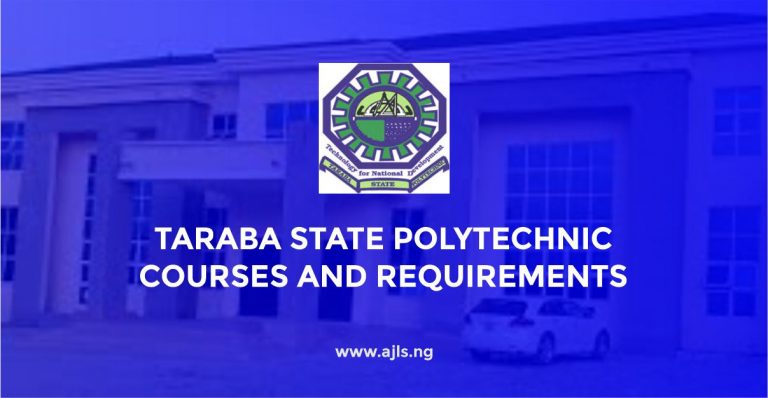NECO Syllabus For Geography 2025

The NECO Geography syllabus for 2025 is now available online for download. If you are preparing for the NECO Geography exam, having the right syllabus is one of the best tools to help you study smart and pass confidently. The NECO Syllabus for Geography shows you all the important topics you need to focus on, so you won’t waste time studying things that might not come up in the exam.
Below, you will find detailed information about the NECO Geography exam structure and the full NECO Syllabus for Geography. Read on to get everything you need to prepare well and boost your chances of success in the exam.
Examination Structure
- Paper 1: This paper consists of 50 multiple-choice questions, covering topics common to all member countries. You will have 1 hour to complete this paper, and it carries 50 marks.
- Paper 2: This paper contains nine essay-type questions. Candidates are required to answer four questions within 2 hours, totaling 80 marks. It is divided into two sections:
- Section A: Economic and Human Geography (3 questions)
- Section B: Regional Geography of Nigeria (3 questions)
- Paper 3: This is a practical-based paper consisting of eight essay-type questions. Candidates are to answer four questions within 1 hour and 50 minutes, totaling 70 marks.
- Paper 3: This is a practical-based paper consisting of eight essay-type questions. Candidates are to answer four questions within 1 hour and 50 minutes, totaling 70 marks.
NECO Syllabus For Geography
Physical Geography
- The solar system
- The shape and structure of the Earth.
- Weather and climate
- Climate zones and vegetation types
- Rocks and rock types
- Landforms: mountains, plateaus, valleys, plains
- Drainage systems: rivers, lakes, and underground water
- Environmental hazards: earthquakes, volcanoes, floods, and desertification.
Human Geography
- Population: structure, distribution, and movement
- Settlement: types, patterns, and functions
- Urbanization and rural development
- Transportation and communication systems
- Economic activities: agriculture, mining, fishing, forestry
- Industrialization and tourism
- Trade and commerce: local, national, and international
Regional Geography of Nigeria
- Location, size, and position
- Relief and drainage
- Climate and vegetation
- Soil types and distribution
- Natural resources: minerals, water, forests, and agricultural resources
- Population and settlement patterns
- Economic activities and transportation
- Problems of development
Regional Geography of Africa
- Physical features: mountains, rivers, deserts
- Climate and vegetation
- Natural resources and economic activities
- Population and migration
- Interdependence among African countries
- Environmental issues in Africa
Map Reading and Interpretation
- Topographic maps and symbols
- Scale and measurement
- Direction and bearing
- Contour lines and relief representation
- Cross-section drawing
- Gradient calculation
- Interpretation of settlement, vegetation, and land use
Geographic Information System (GIS) & Field Work
- Basics of GIS and GPS
- Use of technology in geography
- Importance and methods of fieldwork
- Data collection and analysis
Success Tips for Studying NECO Geography
- Stick to the topics listed in the syllabus. Don’t waste time on unrelated material. Cover each topic thoroughly to avoid surprises in the exam.
- Pair your syllabus with the recommended textbooks. They explain concepts clearly and give you extra practice questions to improve your understanding.
- Past questions help you understand the exam pattern and the kind of questions that are often asked. Make it a habit to solve them regularly to build confidence.
- Plan your study time and divide topics into manageable chunks. Regular, consistent study beats last-minute cramming every time.
- Summarize what you learn in notes, charts, and diagrams. Geography often involves maps and visual data, so practice drawing and interpreting them.
- Revision helps lock knowledge in your memory. Go over your notes and past questions multiple times before the exam.
- If you don’t understand a topic, ask your teacher or classmates. Don’t leave doubts unanswered, they can confuse you later.
Remember to always pair your study with the recommended textbooks and practice past questions to get the best results. If you have any questions or need further clarification, feel free to drop a comment below. We’ll be happy to help and respond as soon as possible. Also, don’t forget to share this with your friends and classmates who might find it useful.





